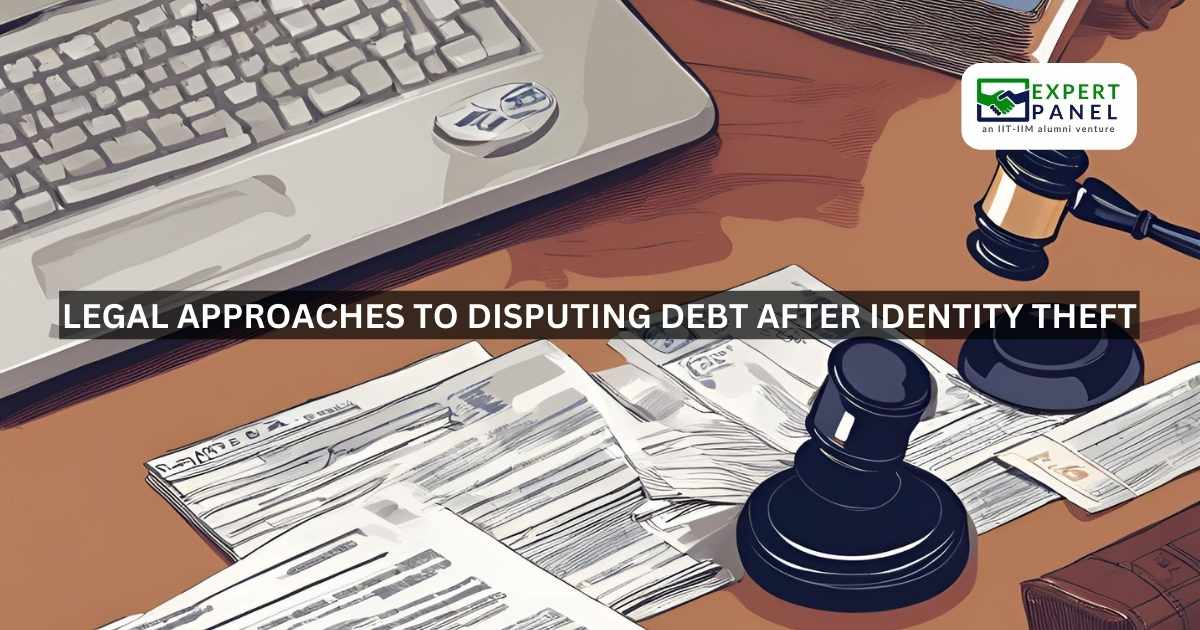· Debt Resolution · 4 min read
Buying Auction Property in India: Risks, Legal Safety, and Expert Guidance
Thinking of buying a bank auction property? Discover the risks, buyer safeguards, loan settlement tips, and legal remedies with the help of debt resolution specialists.

Buying property at a bank auction under the SARFAESI Act often feels like a great deal. Prices are lower than market rates, and buyers see it as a shortcut to owning real estate. But many discover later that the property has title disputes, unpaid dues, or even residents who refuse to vacate. What looks like a bargain can quickly turn into a legal battle.
This blog highlights the risks of auction purchases, steps for due diligence, and how loan settlement and debt resolution specialists can protect buyers when things go wrong.
Risks of SARFAESI Auction Property
Banks auction mortgaged assets of defaulters under the SARFAESI Act, 2002, but risks remain high:
Title disputes – Banks are only mortgage holders, not absolute owners. Other lenders or government bodies may claim rights.
Pending litigation – Borrowers often challenge auctions in DRT or civil courts.
Possession issues – Buyers may struggle for years if borrowers or tenants occupy the property.
Hidden dues – Pending municipal tax or electricity bills often fall on the buyer.
“As is where is” sales – Buyers inherit all existing problems.
Due Diligence Checklist
Before bidding, buyers should:
Verify legal title and confirm no multiple mortgages.
Check for pending litigations in DRT, NCLT, or consumer forums.
Confirm physical possession and not just symbolic possession.
Ensure property taxes and utility bills are cleared.
Keep all payment records for proof.
Working with an expert finance lawyer or a debt resolution specialist ensures all risks are spotted early.
Legal Remedies Against Banks
Sometimes banks fail to disclose crucial facts like ongoing disputes or a lack of valid ownership. Buyers then have legal recourse:
Consumer forums – Banks, as service providers, can be held liable for a deficiency in service.
Civil courts – Buyers can claim refunds, damages, and compensation.
High Courts – Writ petitions can be filed if SARFAESI procedures are violated.
Courts have ruled that unfair auction practices cannot be defended, protecting buyers from financial loss.
Refund of Earnest Money Deposit (EMD)
The EMD is an important part of auction sales. Rules include:
Buyers can withdraw and demand a refund if major defects are found before confirmation.
If the auction is cancelled by a court or DRT, banks must refund with interest.
If buyers default without cause after confirmation, banks may forfeit the EMD.
Case law such as Kailash Nath Associates v. DDA (2015) confirms that forfeiture must be fair and proportionate.
Role of Debt Resolution Specialists
When auctions go wrong, buyers should seek expert help. A debt resolution specialist provides:
Support in loan settlement or debt settlement negotiations.
Protection against aggressive loan recovery agencies.
Guidance on CIBIL dispute correction if linked loans affect credit scores.
Independent reviews of debt recovery solutions before committing to a purchase.
Their role is vital in minimising risk and protecting buyers’ long-term interests.
Conclusion
Buying property at an auction can look like a golden deal, but the reality is often very different. Behind the low price, there may be problems—disputed titles, ongoing lawsuits, or simply a struggle to get possession. That is why every buyer should take the time to check ownership records, verify dues, and, most importantly, get professional advice before putting in a bid.
When banks fail to disclose the full picture, buyers are not without options. Indian law provides several remedies: complaints in consumer forums, suits in civil courts, and even writ petitions in High Courts. Depending on the situation, it is possible to seek a refund of deposits, claim compensation, or, in some cases, have the sale itself set aside.
The safest approach is preparation. With proper due diligence and guidance from experienced debt resolution specialists, buyers can protect themselves, reduce risks, and make sure an auction purchase does not turn into years of stress and financial loss.
Also Read: https://expertpanel.org/blog/bank-sue-without-notice-legal-rights-natural-justice/
FAQs
Q1. What are the main risks of buying auction property?
Disputes over title, hidden dues, and delayed possession are the biggest risks.
Q2. Can I get my EMD refunded?
Yes, if the bank misrepresents facts or if the auction is cancelled by a court.
Q3. What is the role of a debt resolution specialist?
They help with loan resolution, settlement strategies, and protection against unfair recovery practices.
Q4. Can banks be held liable for misleading buyers?
Yes. Buyers can file cases in consumer forums or civil courts.
Q5. Can auctions affect my CIBIL score?
Yes, linked loans may reduce your score, but a CIBIL report correction can restore it.



